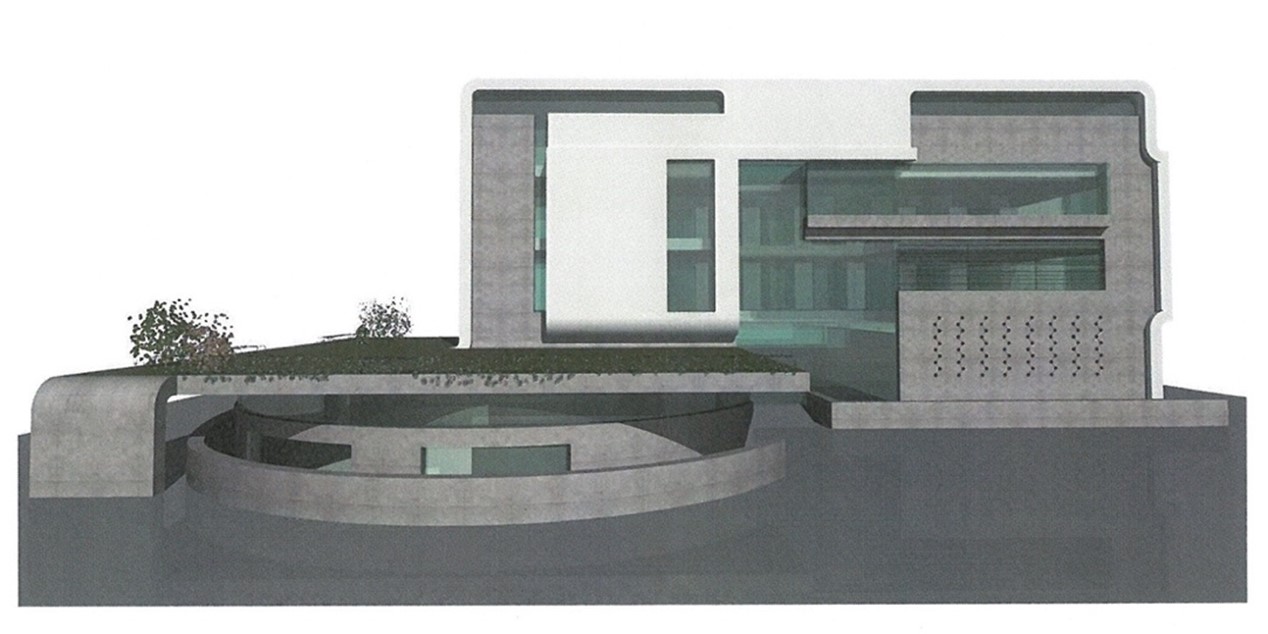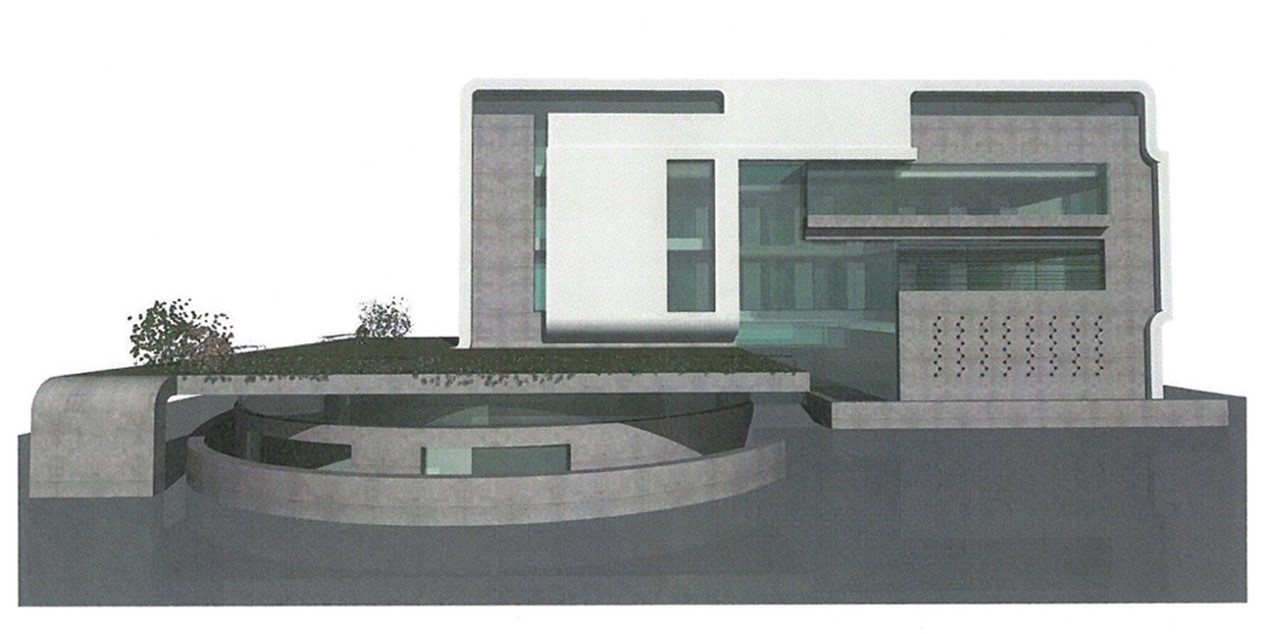
During 2021-2023, Babeș-Bolyai University of Cluj-Napoca (BBU) will be implementing the project entitled Infrastructure for High-Field Spectroscopy and Magnetic Resonance Imaging – INSPIRE [Infrastructură pentru Spectroscopie și Imagistică de Rezonanță Magnetică la Câmpuri Înalte – INSPIRE] (POC: Code SMIS 2014+ – 127725), with the quantum of 92.442.303,53 lei.
The INSPIRE project is the biggest academic project implemented by BBU that will lead to the development of an international research infrastructure, as part of the partnership between the National Centre for Magnetic Resonance (BBU Faculty of Physics) and the Skyra Platform (International Institute for the Advanced Study of Psychotherapy and Applied Mental Health – Department of Clinical Psychology and Psychotherapy at BBU). In recent years, the Cluj school of (cognitive/clinical) psychology has constantly been among the top 500 in various international rankings in the field of psychology/cognitive sciences, and is ranked first within the country; the Cluj school of physics is also present in these rankings, sometimes listed as the first at national level (e.g., Top 601-800 in Times Higher Education, in 2022). The project is coordinated by professor Simion Simon, bringing together a complex inter-disciplinary group of physicists, psychologists, doctors, biochemists and engineers.
With the Skyra Platform, BBU already has a competitive equipment in clinical cognitive neurosciences (3 Tesla clinical MRI), included in international networks(MERIL), from which over 1,000 patients and hundreds of participants in studies have benefited, so far. In a similar way, the Centre for Magnetic Resonance has top equipment (9.4 and 14,1 Tesla MRI Spectrometers, and a 7 Tesla pre-clinic MRI), which has pre-clinical implications in the field of medical physics. The foundations for this BBU strategic infrastructure was laid beginning with 2010, with the RICI project – Inter-disciplinary Research Integrated Network (Rețea Integrată de Cercetări Interdisciplinare), which, at the time, was BBU’s greatest academic project.
The INSPIRE project is building on those foundations in the field of magnetic resonance imaging (MRI), within the RICI project, by crucially transforming the new Scientific/Academic School of Health at BBU (here, the Skyra Platform – Clinical Cognitive Neurosciences and the National Centre for Magnetic Resonance – Medical Physics) into a national star and one of the international leaders in the field. The new Scientific/Academic School of Health at BBU will be assigned a new building – the “BrainQ” edifice –, which has advanced clinical equipment (7 Tesla MRI) and advanced pre-clinical equipment (11,6 Tesla MRI). By joining in the already negotiated collaboration with the Romanian Academy (National Centre for Research of the Brain and the “Constantin Rădulescu-Motru” Institute of Philosophy and Psychology), we will be setting up a national course into cognitive neurosciences, a network of academic and social units (including clinics and medical companies) dedicated to this field, in particular; we will also be establishing a national course for the study of brain, in general. At an international level, as the map below shows, INSPIRE will be covering a gap in the international map of equipment with infrastructure for high-level spectroscopy and magnetic resonance imaging, having major clinical and pre-clinical theoretical and applicative implications.

Figure 1. The map of the 7 Tesla MRI infrastructure for clinical applications (September 2021) – the infrastructure exists on America’s coastlines, in Western Europe and in Eastern Asia, while Central and Eastern Europe remain uncovered. The aim combination of ISNPIRE – high performance clinical and pre-clinical MRI – guarantees a competitive international advantage, beyond Central and South-Eastern Europe.

Figure 2. The concept of the “BrainQ” building, which will host the strategic infrastructure in cognitive neurosciences/medical psychics of the Academic/Scientific School of Health at BBU
The BBU rector, prof. Daniel David, said that: “INSPIRE is the greatest academic project BBU – and therefore the city of Cluj-Napoca – have, and we are hoping it reaches performance implementation. I say we’re hoping because the implementation period has been reduced from 3 years to less than 2 – such a project was sure to be among the first to gain financing, in 2020, due to its great scope for the country and being the first of its kind in the field of health in the national competition –, and so, for it to become successful, we need collaboration, communication and constant support from the local authorities and respective cabinets. So far, we have received the utmost openness, encouragement and support on behalf of said authorities – we all want this competitive advantage for our city and our country –, and in February 2022, we will have a stage evaluation to decide how to follow through. The successful implementation of the INSPIRE project transforms BBU, Cluj-Napoca and Romania into one of the international leaders in the field, having competitive advantages in science, technology, economy and the wellbeing of people. More specifically, at BBU, the project helps establish the Academic/Scientific School of Health and it therefore confirms the efficiency of the STEM+ approach; the project will be integrated into the new smart specialisation proposed for the city, which is InfoBioNano4Health”.
The recent organisation of BBU into academic/scientific schools (https://news.ubbcluj.ro/ubb-se-organizeaza-in-scoli-academice/) has shaped the Academic/Scientific School of Health, understood in the broader sense, not medical, which brings together the Faculty of Psychology and Education Science (through the Department of clinical psychology and psychotherapy – the programmes of clinical psychology/health and counselling/psychotherapy), the Faculty of Political, Administrative and Communication Sciences (through the Department of Public Health), the Faculty of Physics (through the programmes of medical physics), the Faculty of Biology and Geology (through the programme of quality management in medical laboratories/nutrition sciences/medical biology), the Faculty of Physical Education and Sports (through the programme of physical therapy), the Faculty of Environmental Science and Engineering (through environmental health), and the Faculty of Chemistry and Chemical Engineering (through the programmes of food chemistry and clinical chemistry).
A joint conference launching the INSPIRE project will be organised by the BBU rector, together with the minister of research, innovation and digitalisation, on 28th September 2021; on the same day, there will be a technical work meeting for INSPIRE between the ministry’s representatives and BBU experts/administration.
***
BBU is the university with the oldest academic tradition in Romania (begun 440 years ago – 1581), representing the largest academic community in the country (with over 55,000 individuals, from 11 cities and 9 counties). Since its foundation, BBU has been part of the gallery of prestigious and referential universities in Romania, and during the past 5 years it has ranked first in the country, in the University Metaranking, which combines the major international rankings of universities. Moreover, for several years now, BBU has occupied top positions at national level in the global rankings and in rankings on fields; it has constantly been among the 5% of world universities, with an advanced academic infrastructure (e.g., RDI units integrated into European networks, modernised didactic laboratories integrated with virtual/augmented/mix reality through the BBU-EON-XR Centre etc.). Recently (in 2021), following an international audit by QS STAR, BBU has been confirmed the first “world-class” (QS*****) university in Romania, and in 2020, is was accepted into the GUILD, the organisation of some of the most prestigious “world-class/research-intensive” European universities.

